Why is My Hair Thinning as I Get Older?
Understanding the Causes of Age-Related Hair Thinning and How to Manage It
As we age, subtle changes in our bodies become more noticeable, and hair thinning is one of the most common signs of aging. Many people experience this naturally, even those who have had thick hair throughout their youth. This blog explores the causes of age-related hair thinning, why it happens, and how you can care for your hair to maintain a fuller, healthier look for longer.
1. The Natural Hair Cycle and Aging
Hair grows through a natural cycle with three main phases: growth (anagen), resting (telogen), and shedding (catagen). As we age, the growth phase shortens while the resting phase lengthens, meaning more hair follicles are at rest rather than actively growing. This leads to an overall thinning effect, even though the hair itself may still be healthy.
2. Hormonal Changes
Hormonal shifts are one of the main drivers behind hair thinning with age. Both men and women experience changes in hormone levels over time, particularly around middle age. For women, declining estrogen levels during and after menopause can contribute to hair thinning, while men may experience hair loss due to changes in testosterone levels. These hormonal shifts can reduce hair thickness and density, making hair more susceptible to breakage and shedding.
3. Genetic Factors
Genetics play a significant role in determining how and when hair will thin with age. If your family has a history of hair thinning or pattern baldness, you may be more likely to experience hair loss. This genetic predisposition influences the overall health of hair follicles, sometimes causing them to shrink and produce finer, shorter hairs.
4. Scalp Health and Hair Aging
Healthy hair growth also depends on a healthy scalp. With age, the scalp’s natural oils may decrease, leading to dryness and irritation. A dry scalp can make hair more brittle and prone to breakage. In addition, issues like scalp buildup or poor circulation can impact hair follicle function and reduce hair’s natural resilience.
5. Lifestyle and Environmental Factors
Aging hair is also affected by lifestyle and environmental factors accumulated over time. Exposure to sunlight, pollution, smoking, and stress can lead to oxidative damage, which weakens hair fibers. Additionally, a lack of nutrients—especially vitamins and minerals essential to hair health, like biotin, vitamin D, and zinc—can exacerbate hair thinning as we age. Ensuring a balanced diet and avoiding harsh hair products can support healthier hair as we grow older.
6. Caring for Thinning Hair as You Age
If you’re experiencing age-related hair thinning, there are steps you can take to protect your hair and maintain its fullness:
- Choose Gentle Hair Products: Opt for products designed for thinning hair that avoid sulfates and harsh chemicals.
- Maintain a Balanced Diet: Include foods rich in nutrients like protein, omega-3 fatty acids, and vitamins known to support hair health.
- Reduce Heat Styling: Excessive heat can weaken hair strands, so try to limit the use of hot tools.
- Consider Scalp Treatments: Scalp massages and topical treatments can improve circulation, encouraging hair growth.
When to Seek Professional Help
Sometimes, hair thinning may require professional intervention. At Nurse Holly Aesthetics, we offer a range of solutions designed to address hair thinning and promote healthy hair growth at any age. Whether it’s through personalized consultations or tailored treatments, we’ll work with you to find the right plan for maintaining fuller, more resilient hair.
Hair thinning with age is a natural process influenced by hormonal changes, genetics, and lifestyle factors. By understanding why it happens and taking proactive steps, you can care for your hair and keep it looking its best. If you're concerned about thinning hair and want to explore non-invasive options, contact Nurse Holly Aesthetics in Lakewood Ranch, FL for a consultation on our hair restoration solutions.



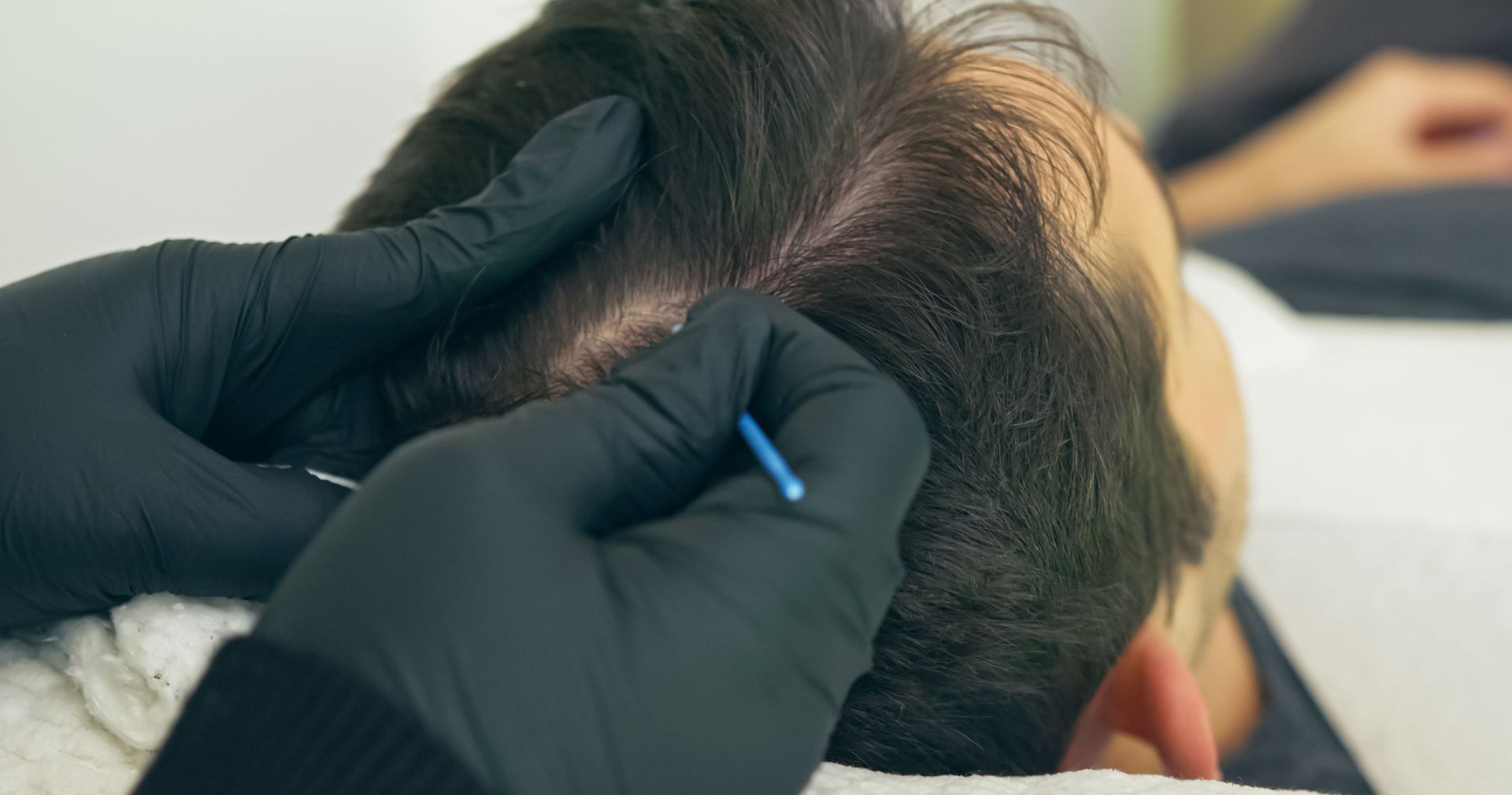
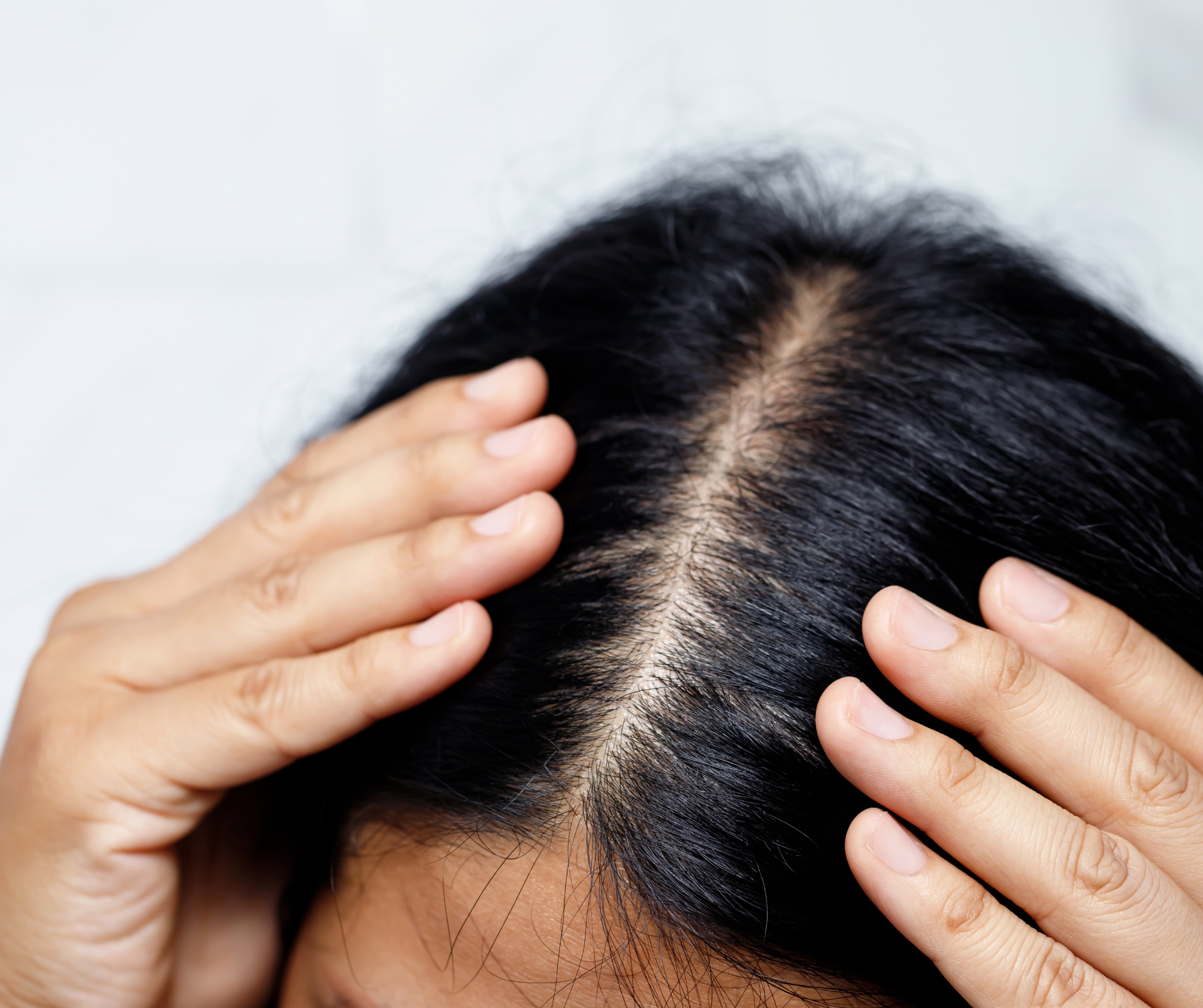
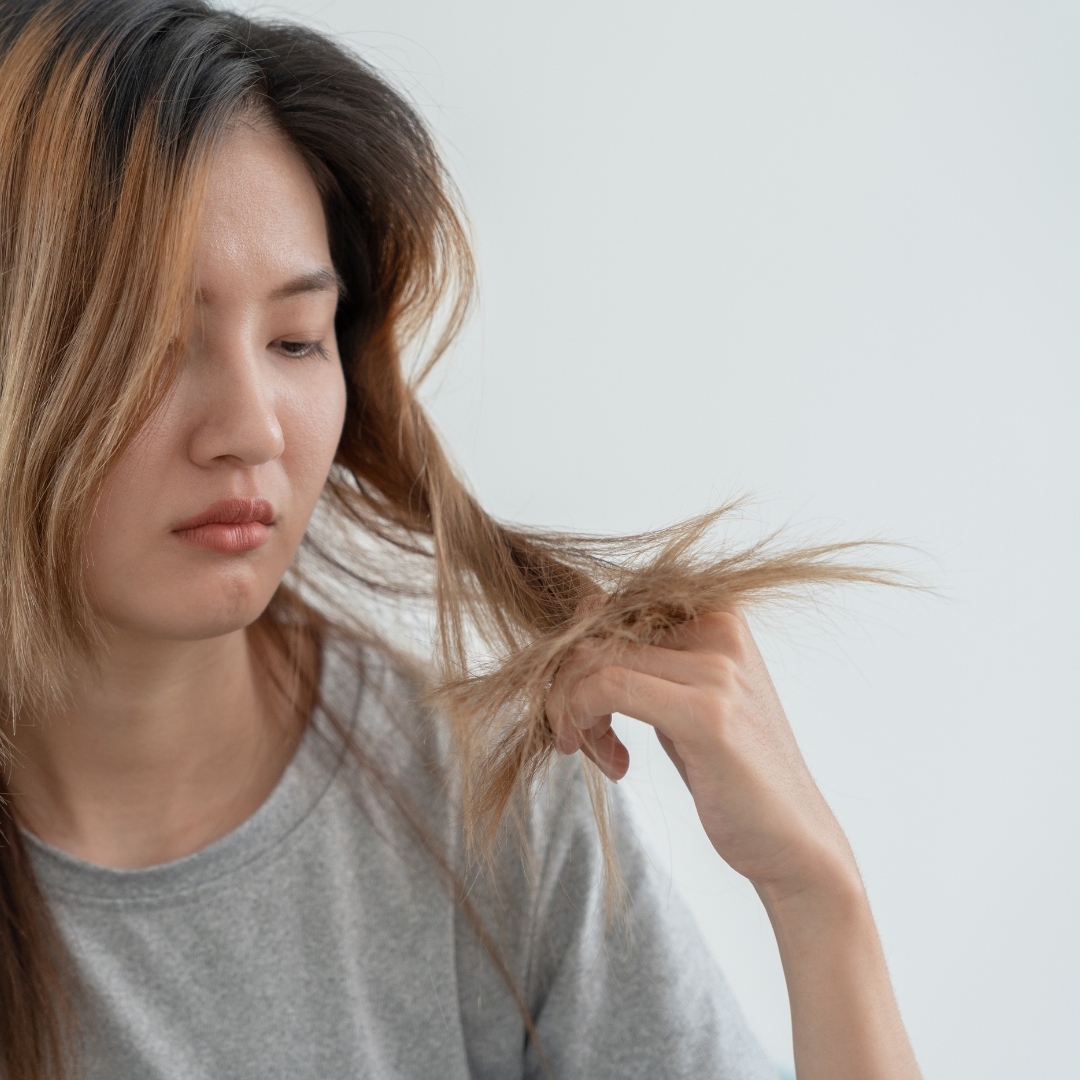
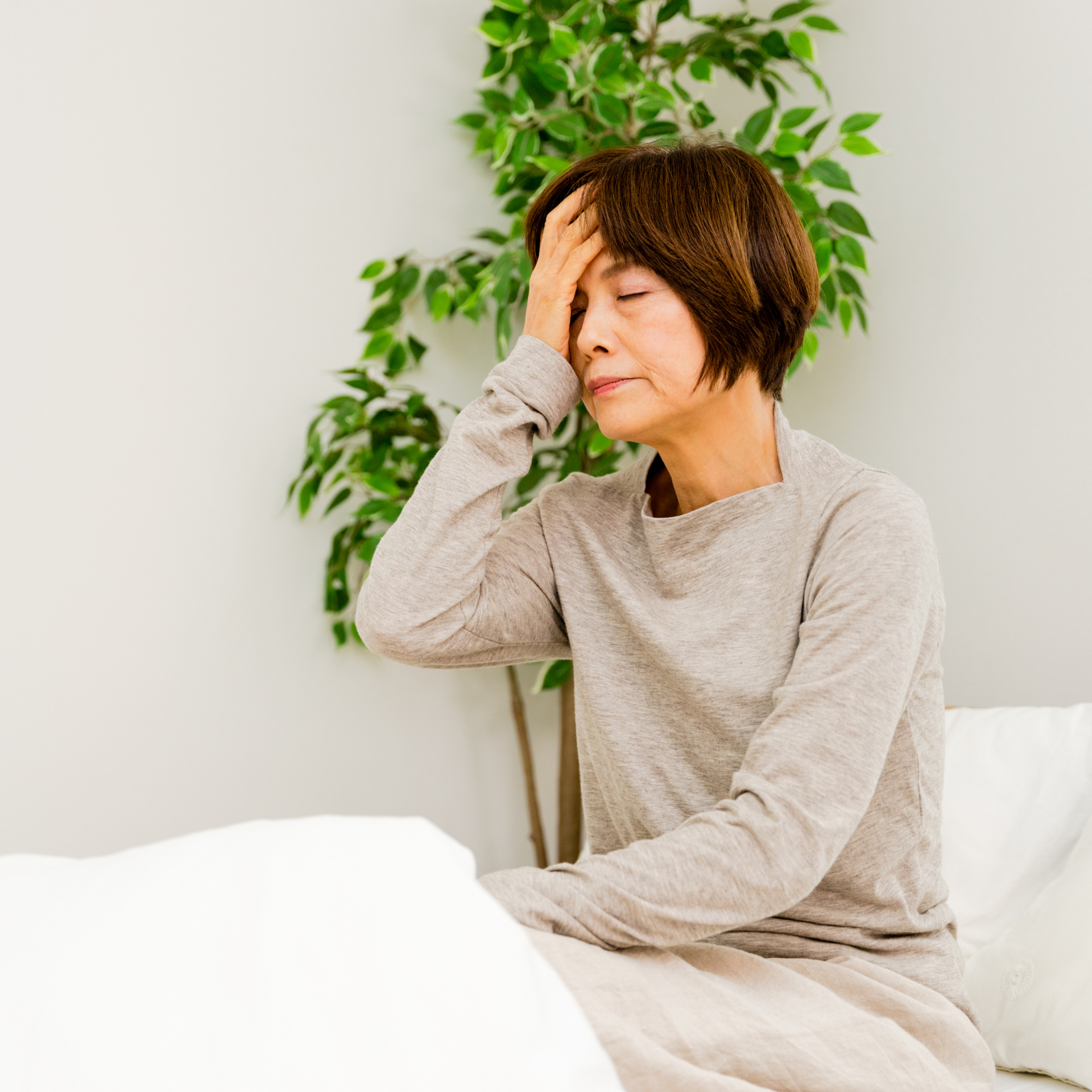
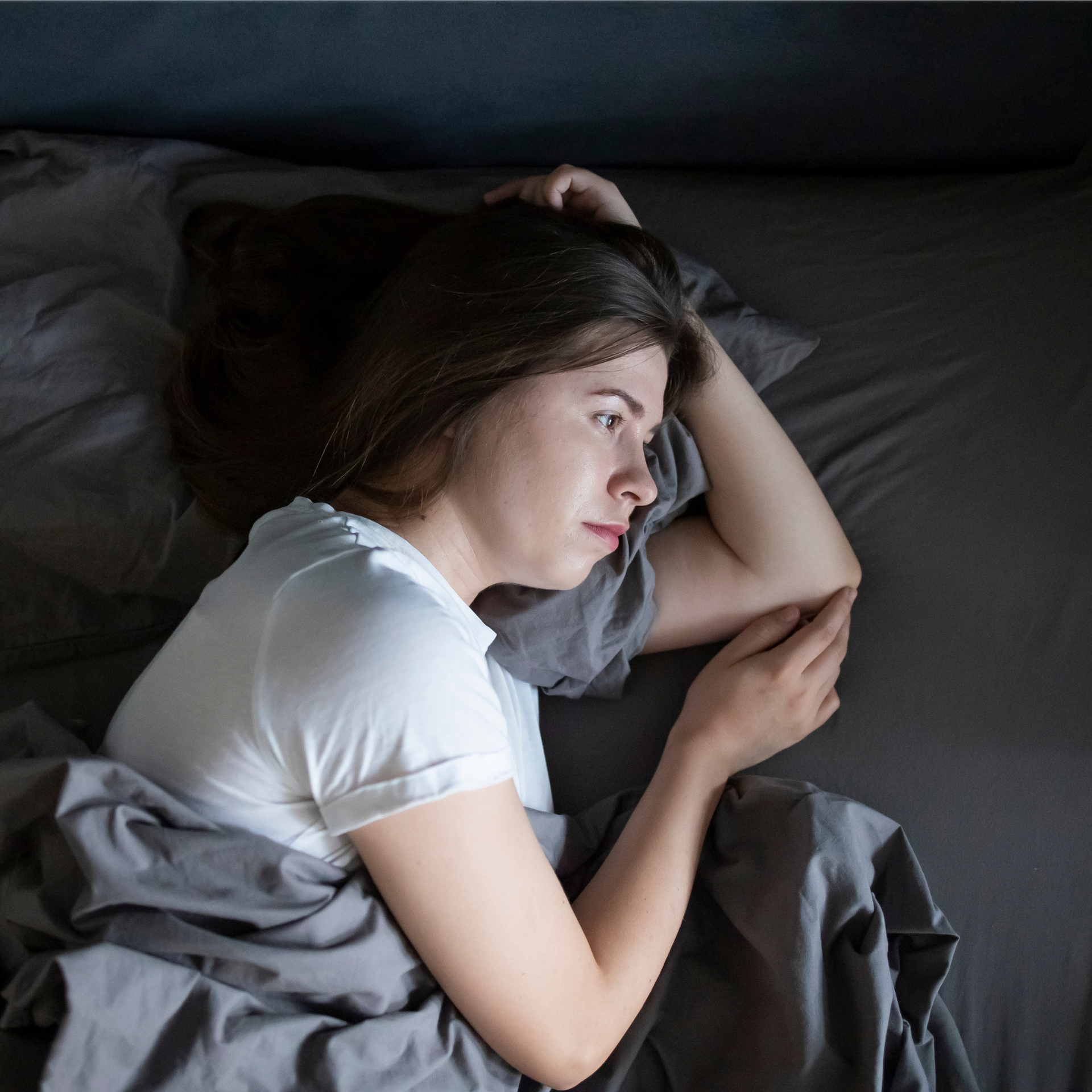
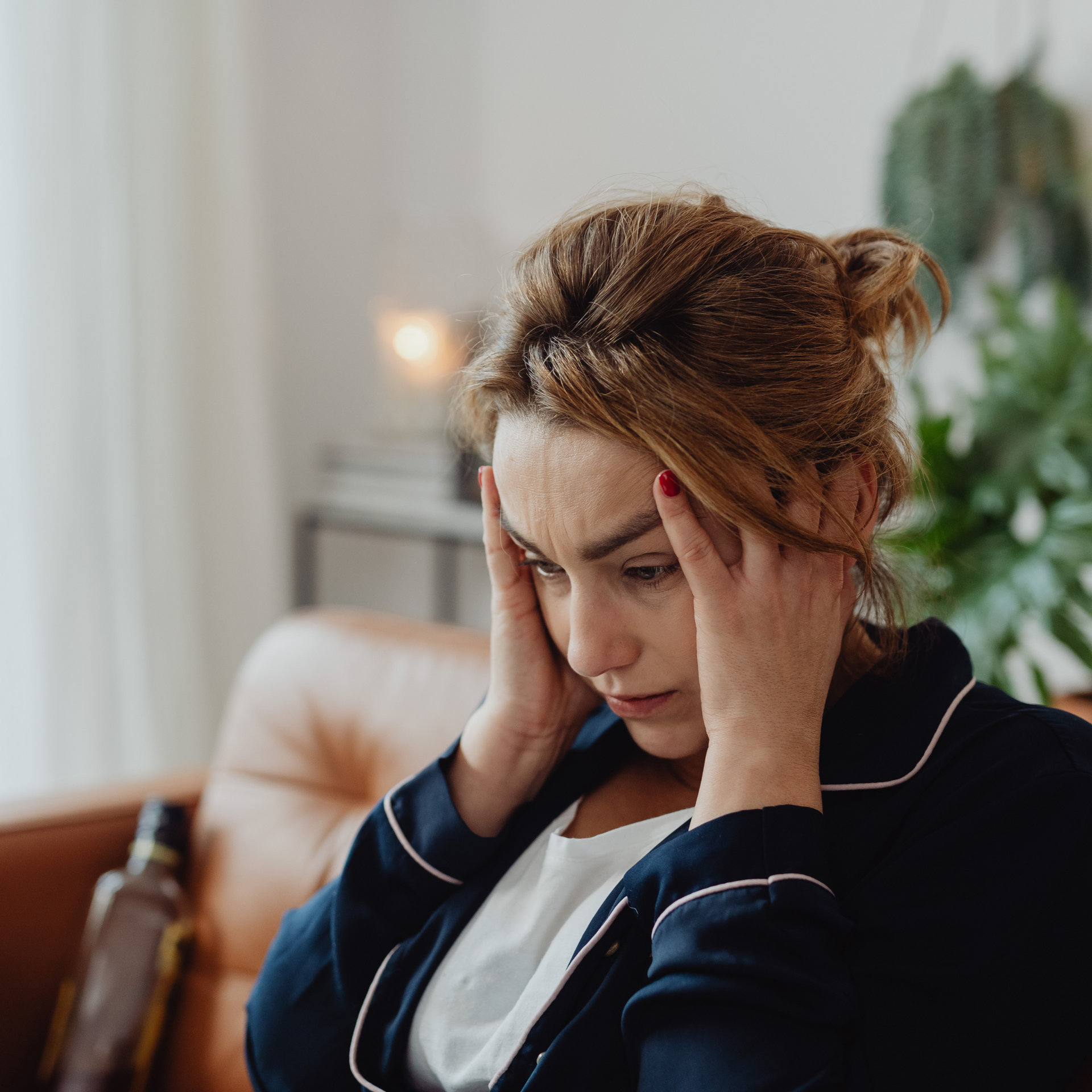


Share On: